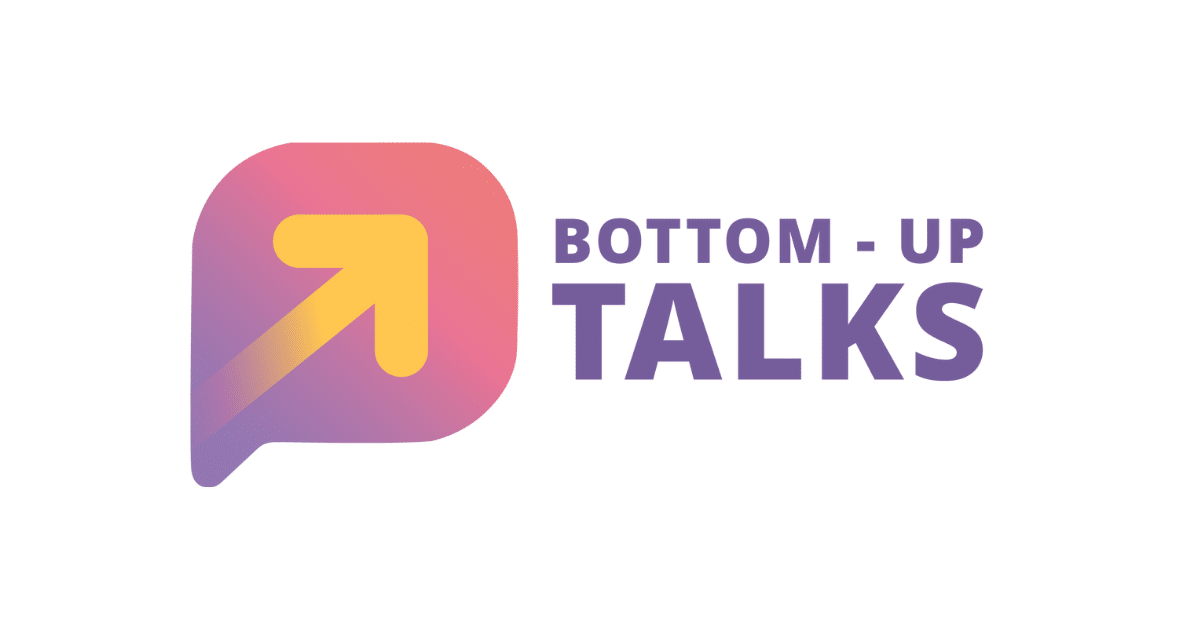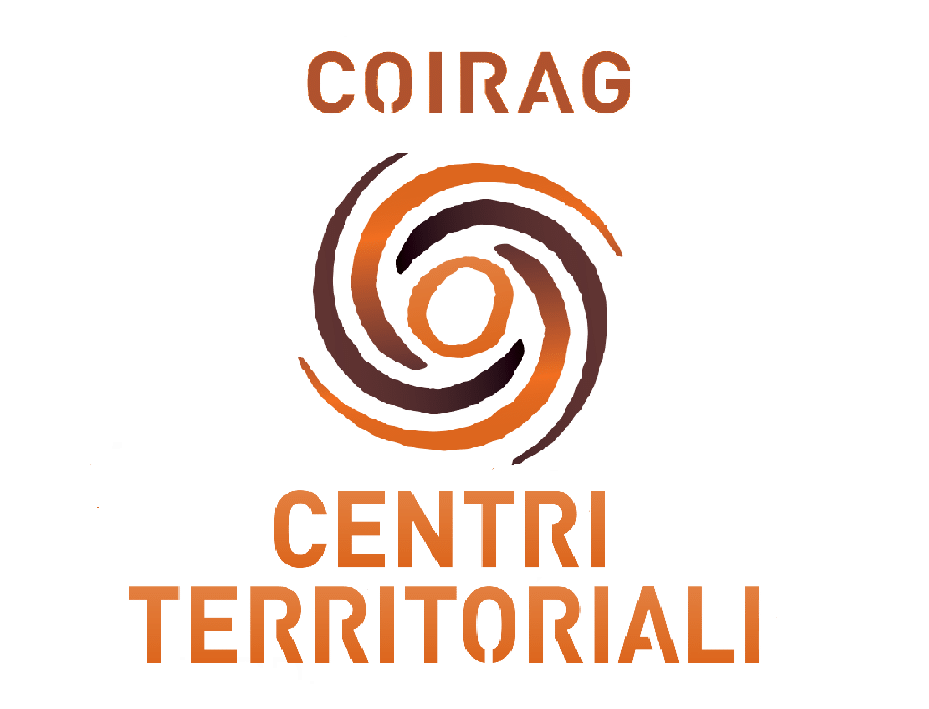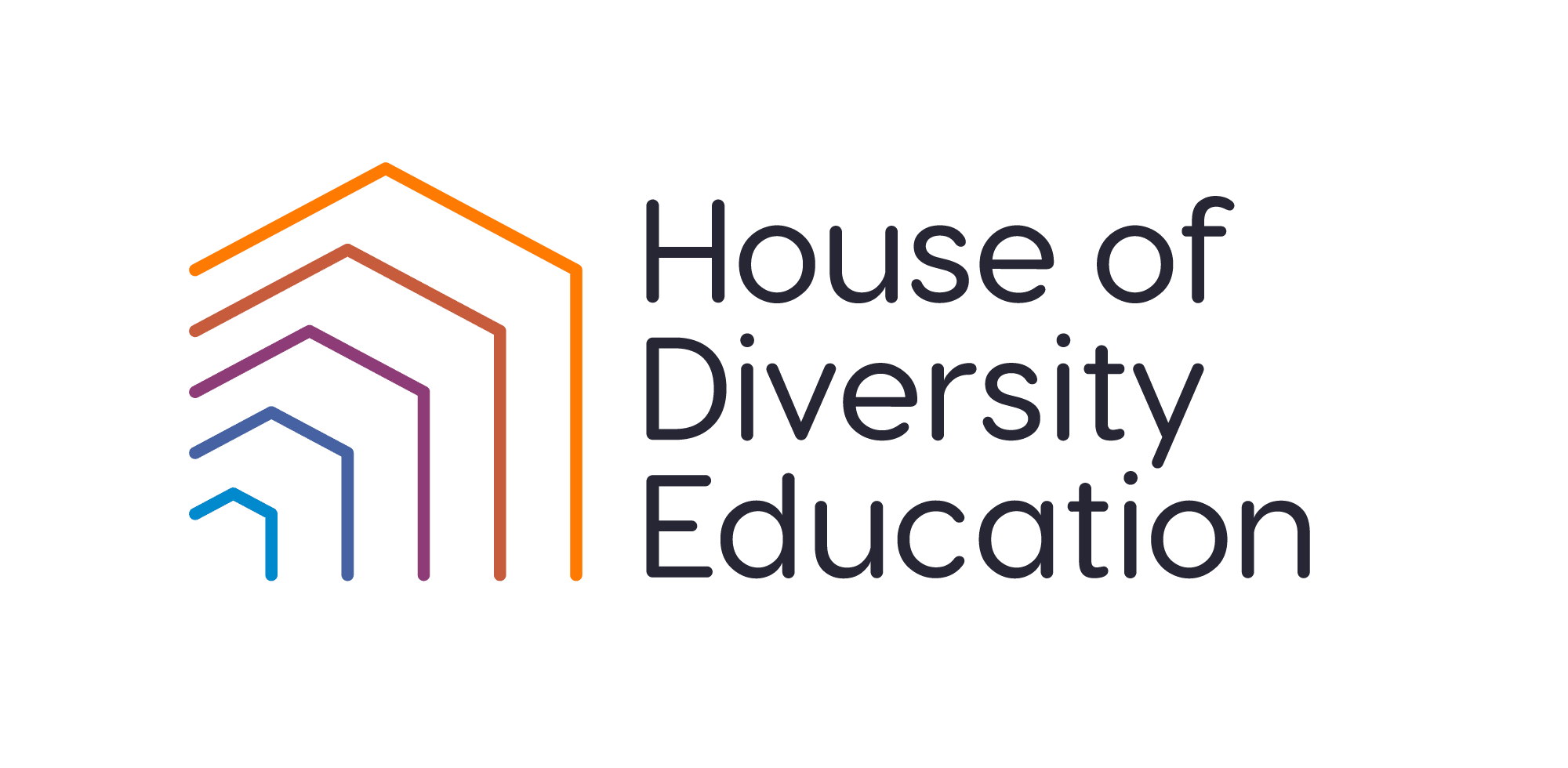Preventing teen-dating and school-related gender-based violence and promoting psychological well-being from the bottom-up
Bottom-Up Talks helps adolescents build safe and healthy relationships, free of gender-based violence.
GA number: 101195032
Funded by: CERV Duration: 01/04/2025 – 31/03/2027

Challenge
Across Europe, many adolescents face gender-based violence (GBV) in different forms, from bullying and harassment to teen dating violence and online abuse. Research shows that a significant share of adolescents, regardless of gender, have experienced some form of GBV, ranging from emotional abuse to physical aggression (WHO, 2019; VCG, 2021). LGBTQIA+ youth are especially at risk, facing higher harassment rates than adults (FRA, 2020) and widespread discrimination (ILGA, 2023). Despite EU strategies, implementation remains weak, while comprehensive sexuality education is absent or insufficient in several countries. At the same time, the Covid-19 pandemic has deepened youth mental health challenges, while schools continue to offer insufficient psychological support (UNICEF, 2020). These gaps highlight the urgent need to build safer, healthier, and more inclusive environments for all young people.
Innovation
Bottom-Up Talks addresses dating violence and gender-based violence among adolescents by supporting their mental health and equipping the whole school community with knowledge and skills on Comprehensive Sexuality Education.
Action

Funded by the European Union. Views and opinions expressed are however those of the author(s) only and do not necessarily reflect those of the European Union. Neither the European Union nor the granting authority can be held responsible for them.
Project Partners





